British consumers made over 79 million extra supermarket shopping trips in the four weeks to 21 March, with total till sales increasing by 20.5%, according to Nielsen Homescan.
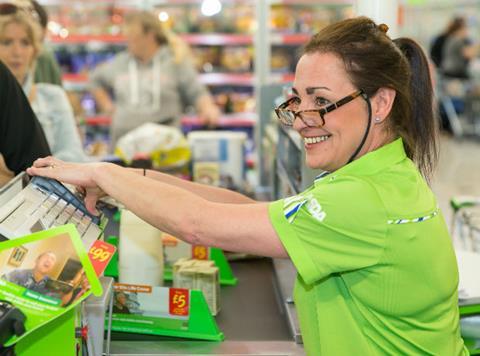
The spike in sales was particularly pronounced in the week ending March 21, which saw 43% weekly sales growth, as stockpiling accelerated during the coronavirus crisis.
Nielsen data reveals that over the four-week period, shoppers typically added only one extra item to their basket during each shopping trip, but made on average three extra trips. This equates to 79 million more shopping trips than the same time last year, with an extra £1.9 billion spent on groceries.
Unsurprisingly, in the last week of February and the first week of March, shoppers focused on stockpiling necessities such as medicines for the family, cleaning supplies, household and pet care items and ambient groceries. As March progressed, and with domestic cupboards already full, shoppers began to prepare for the lockdown by filling their freezers as well - sales of frozen food during this week rose by 84%1 compared to the same period last year. The closure of pubs and restaurants also resulted in a surge in beer, wine and spirits sales (up 67%).
Online grocery sales increased by 14%2 in the four week period, with two in 10 households shopping online - this represents 600 thousand new households shopping online compared to the same period last year, with an additional 1.2m online grocery orders placed over the four weeks.
Mike Watkins, Nielsen’s UK head of retailer and business insight, said: “With households making almost three extra shopping trips in the last four weeks, this small change in individual shopping behaviour has led to a seismic shift in overall shopping patterns. As well as increased store visits, consumers opted to shop online - many for the first time. However, unlike stores there is a finite capacity for online grocery shopping, due to warehouse capacity and available delivery slots, and this will have limited the growth of online sales.
“Across the industry, retailers are working closely with their supply chain partners to meet the exceptional and unexpected spike in demand from British consumers looking to stock up their cupboards and freezers amid the COVID-19 pandemic. The industry has long been able to accurately predict the rate of demand, constantly adjusting to new patterns such as changes in seasonality, events, weather and promotions - but such a continuous and fast changing surge of sales caused by the pandemic has been unprecedented.
Watkins added that more local shopping patterns are likely to develop as the virus situation evolves. “As British shoppers become more accustomed to what the quarantine means for their daily lives, and restricted living becomes the new norm, we expect to see shopping behaviour evolve to become more local as shoppers are unable, or unwilling, to travel further than is necessary for immediate needs such as fresh foods,” he said.








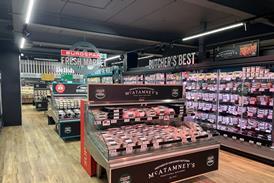
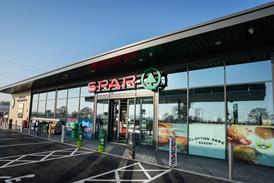

![WG-4003[58]](https://d2dyh47stel7w4.cloudfront.net/Pictures/274x183/4/5/1/353451_wg400358_6083.jpg)








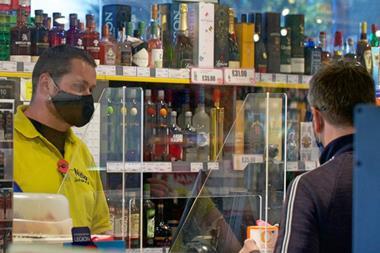
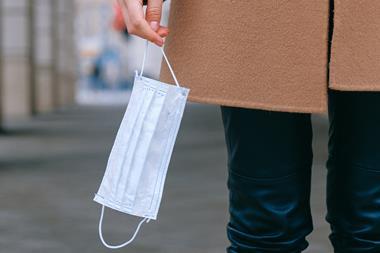



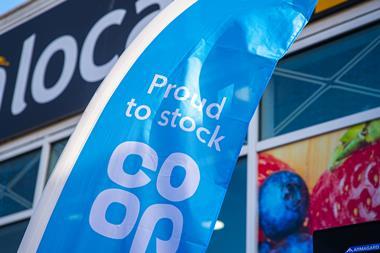


No comments yet